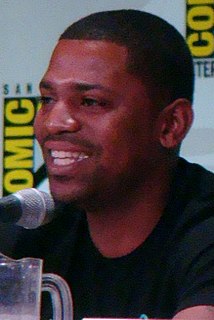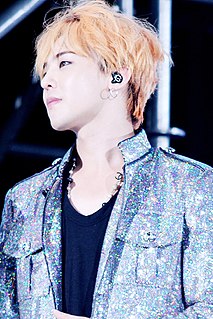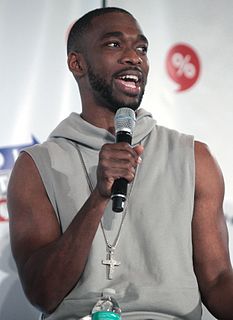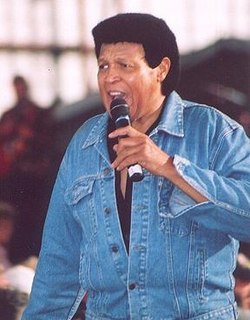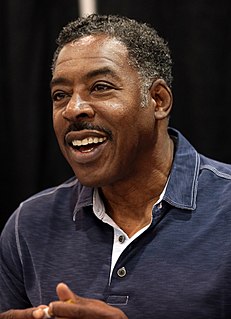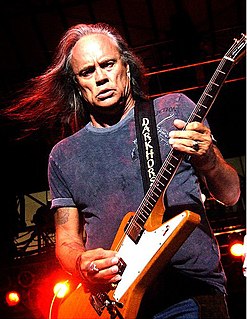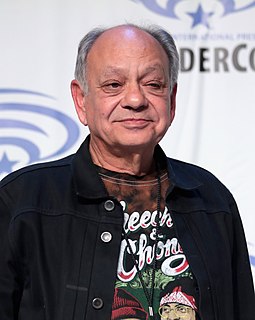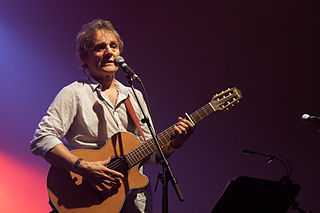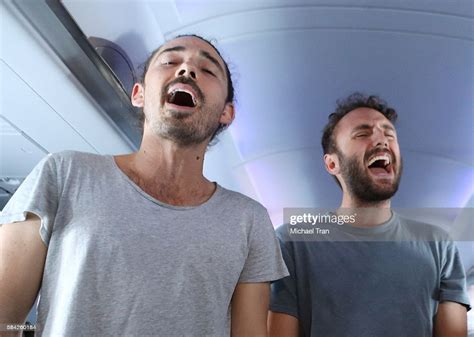A Quote by Mekhi Phifer
In the early '80s, it was hard to find celebrities you can identify with if you lived in the hood. There weren't any rap videos at the time.
Related Quotes
The hip-hop that I really connected with was Public Enemy, KRS-One, Ice Cube, and N.W.A. That late '80s and early '90s era. The beginning of gangster rap and the beginning of politically conscious rap. I had a very immature, adolescent feeling of, "Wow, I can really connect with these people through the stories they're telling in this music."
I occasionally rapped along to some homegrown Korean rap. And then a friend introduced me to Wu-Tang and played me 'Enter the 36th Chambers.' It was very shocking. And then I started to look for different albums. This was pre-Internet, so it's hard to find the music, and it was even harder to find music videos.
